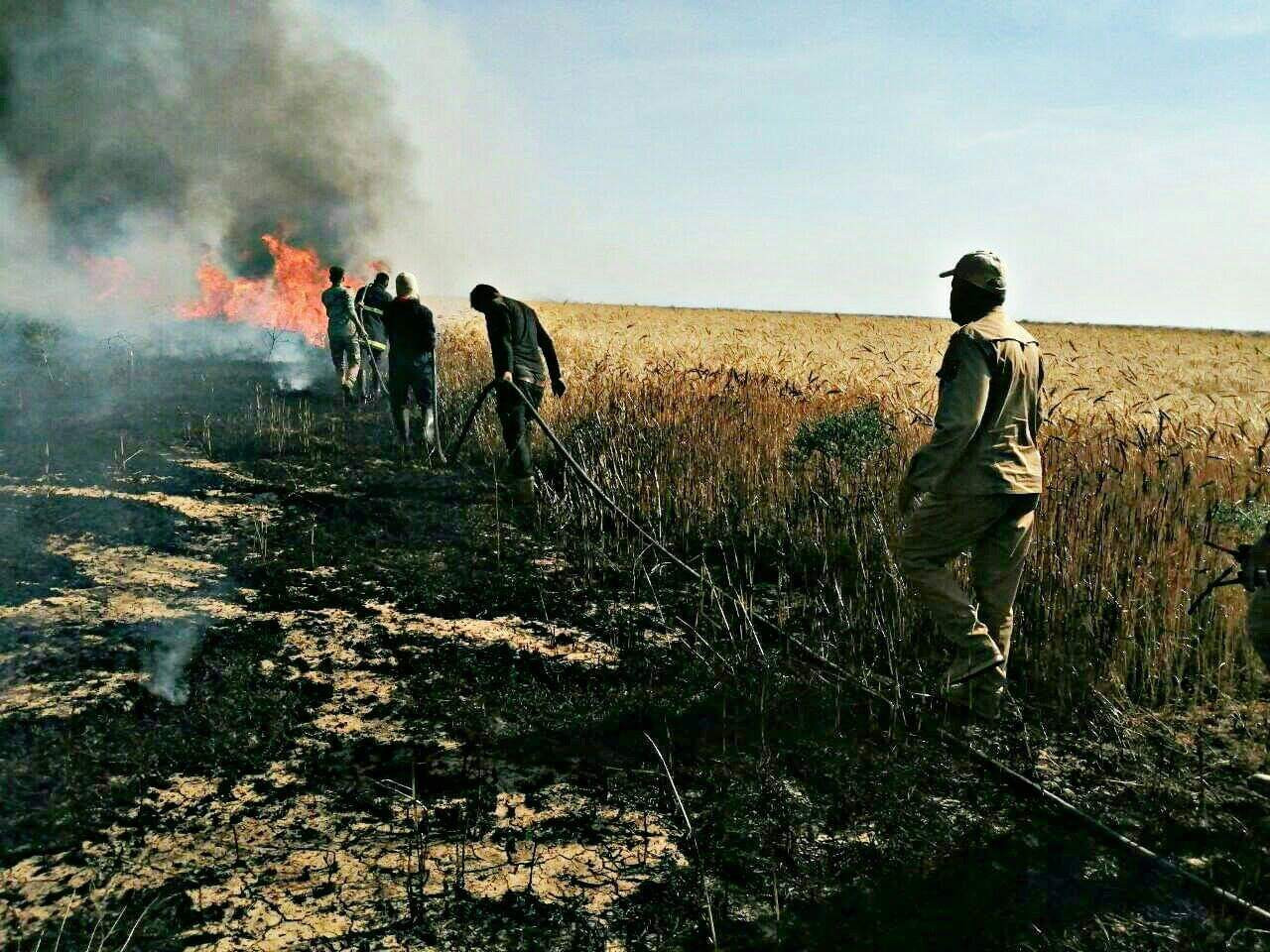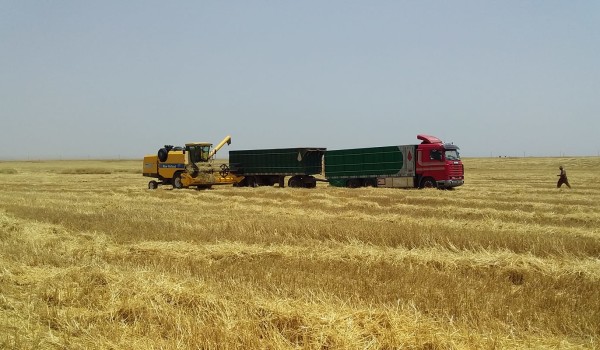The consequences of the Islamic State (IS) group's takeover of large swathes of territories in Iraq, particularly in Ninewa province have reduced the country's agricultural production capacity by 40 percent.
A recent report by the International Organization for Migration (IOM) has underlined the devastating impacts of the IS attacks between 2014 and 2017 on the agriculture sector.
The report indicated that the decline could be felt in many rural areas "where agricultural production was used as both a source of political propaganda and income, or destroyed as the group was forced out."
Siobhan Simojoki, Head of IOM Iraq’s Community Stabilization Unit stressed the need to prioritize the recovery and development of rural areas as part of the reconstruction and stabilization efforts.
“Agriculture should be considered as an essential facet of the stabilization process and focus on this area can help balance out longstanding rural-urban economic inequalities,” he said.
The IOM report focuses on agricultural output in Iraq’s third-largest province, Ninewa, which is regarded as one of the country’s most fertile areas and has historically been the source of much of its grain and produce.

Ninewa- Farmers join civil defense teams in a bid to control crop fire in Talafar, May 2019 Photo: Jafar Talafari
The report also indicated that IS benefitted from the 2014 harvest completed in the months before taking over Ninewa. the group then profited from sales of the harvest and rain-fed crops, while forcing workers to continue operating agricultural infrastructure.
"IS purposely targeted rural areas for strategic purposes, i.e., access to their own steady food supply and the option to sell off agricultural produce for financial gain, but their overuse and, in some cases, deliberate destruction of agricultural land has had long-term consequences on many rural areas."
According to the IOM report, large areas of agricultural lands in Ninewa remain contaminated with explosives, and necessary machinery is lost or destroyed.
The studies conducted for this report were funded by USAID, within the framework of the project Supporting the Return of Displaced Populations in the Ninewa Plains and Western Ninewa.
USAID has funded the Ninewa Investment Forum held in Erbil from 3rd to 5th of December with the aim of boosting investment in Ninewa, in the fields of agriculture, manufacturing, tourism and technology.





